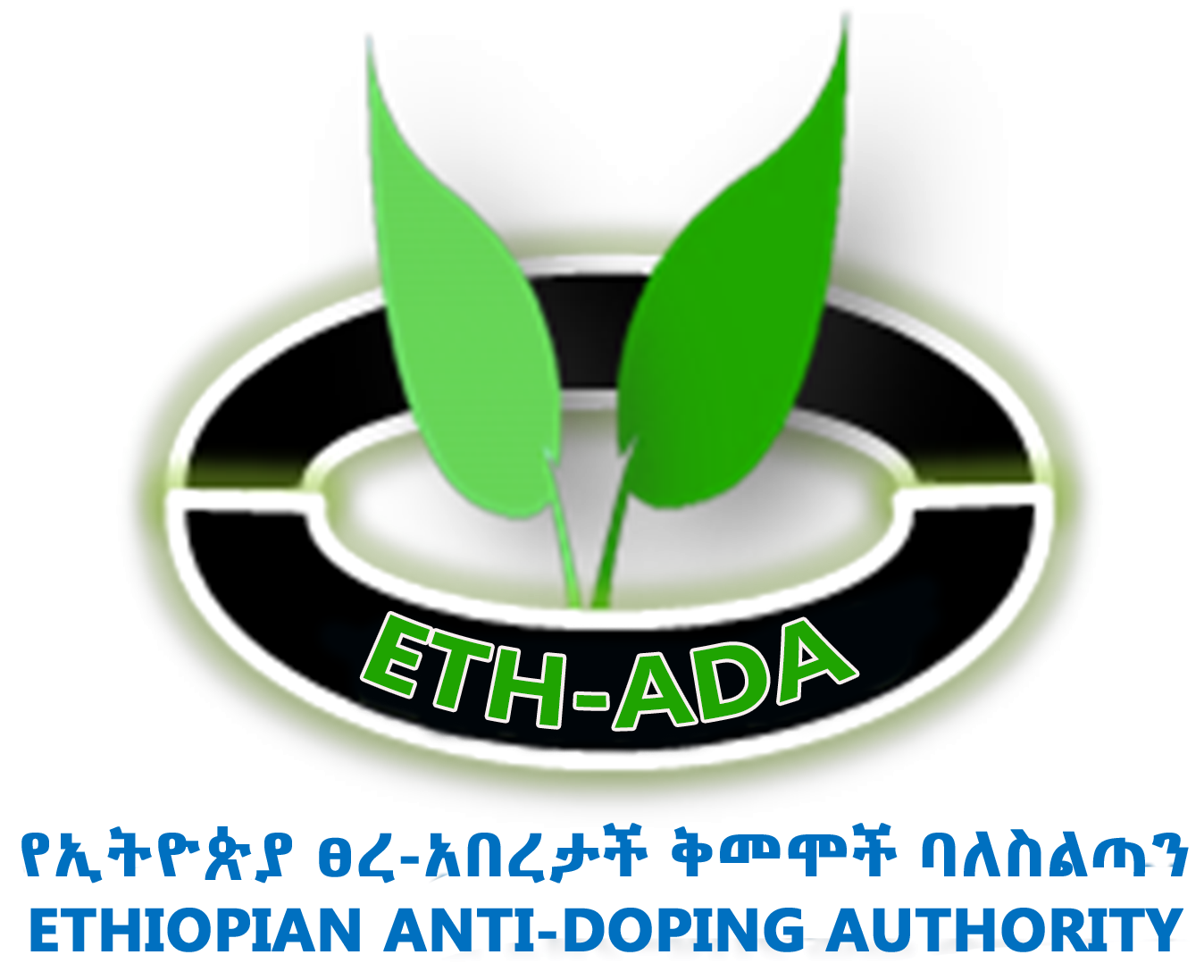Anti-doping programs have been developed and implemented in order to protect certain values in sport. The World Anti-Doping Code 2015 (hereinafter: WADC) states that “Anti-doping programs seek to preserve what is intrinsically valuable about sport. This intrinsic value is often referred to as “the spirit of sport”. It is the essence of Olympism, the pursuit of human excellence through the dedicated perfection of each person’s talents. It is how we play true. The spirit of sport is the celebration of the human spirit, body and mind, and is reflected in values we find in and through sport, including Ethics, fair play and honesty; health; excellence in performance; character and education; fun and joy; teamwork; dedication and commitment; respect for rules and laws; respect for self and other Participants; courage; community and solidarity.”
Fairness and Justice: Although individuals are fundamentally different and not equal, and the circumstances under which athletes might have to train are not the same (e.g. due to differences in resources), efforts should be made in sport to provide equal opportunity and to facilitate fair competition. It is considered that drug-enhanced performance incompatible with athletic (and human) excellence. Doping exposes athletes to unacceptable health risks.
Risk of Harm: The WADC mentions health as an important value. Although it is clear that elite sport might expose athletes to health risks, it doesn’t remove the necessity of considering the significant risks of harms that might be the consequence of the use of performance-enhancing substances.
Proportionality: The proportionality principle exists in both law and ethics. It is a rational and coherent approach that tries to balance various principles and values (e.g. using the least intrusive strategy necessary to achieve a particular policy goal). In analyzing whether a
certain policy option is proportional, one might evaluate: (1) whether the relationship between the means used to achieve that policy and its goals is proportional; (2) whether other means could be used to achieve the same goal; (3) whether the policy causes any harm to the individual; (4) whether alternative options might lead to less harm; and (5) how to balance anti-doping objectives with the other rights of individuals (e.g., right to privacy; nondiscrimination; etc.).
Science-based: Any decision, recommendation or policy should be based on the best available scientific evidence.
Transparency: In order to promote open dialogue, public trust and integrity, the rationale and process for any decision, as well as ensuing policy recommendations should be as transparent as practicable. This goal should be balanced against other interests, including the privacy rights of the athletes.
Education/Public/Athlete Engagement: Anti-doping is a normative position based on concern for the health and welfare of athletes and for the ideals of sport (i.e. the spirit of sport). Whenever possible, ETH-NADO should put effort into the education of athletes and the public. The long-term success of anti-doping depends upon the cultivation and strengthening of anti-doping attitudes and the practice of healthy and fair sport.
